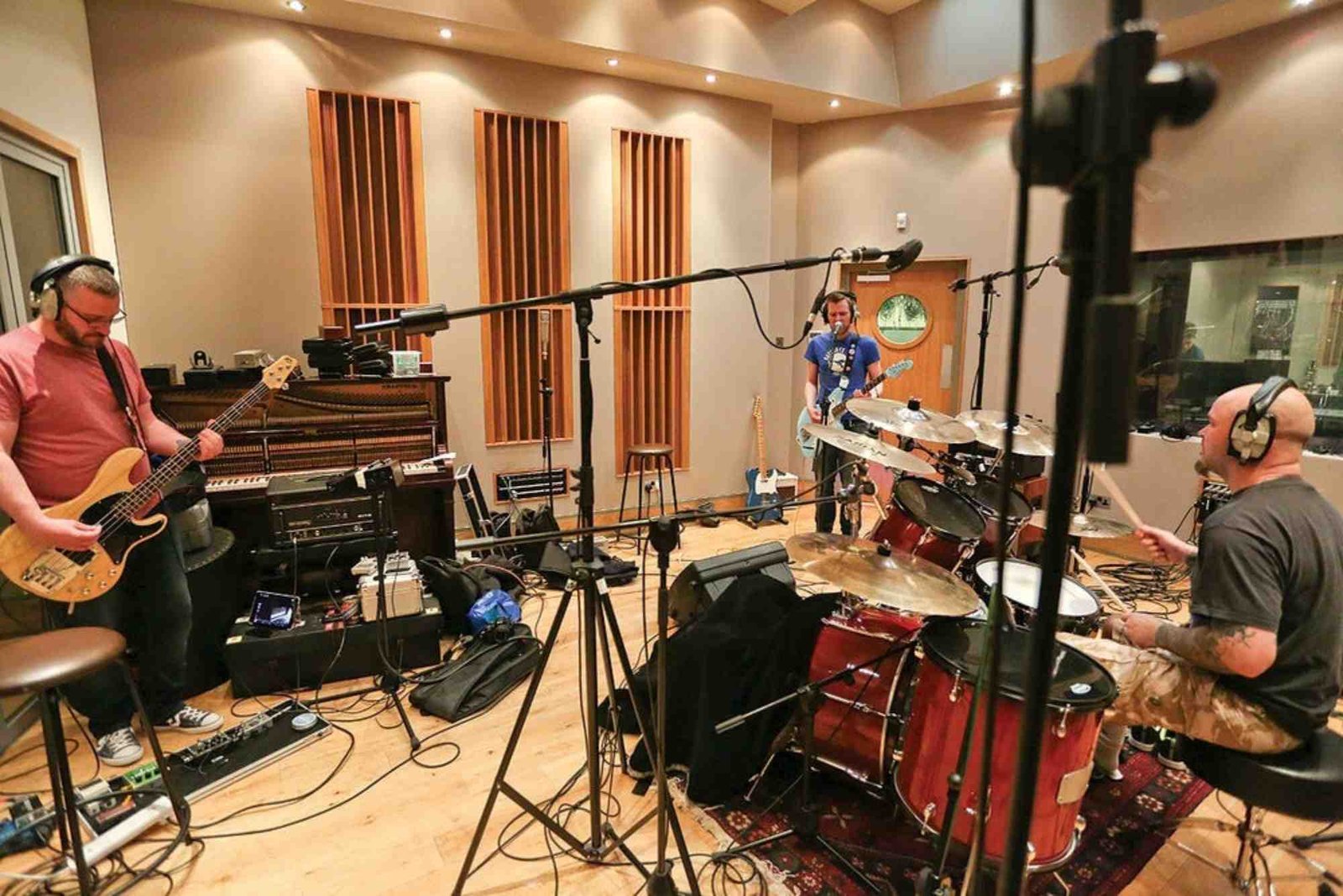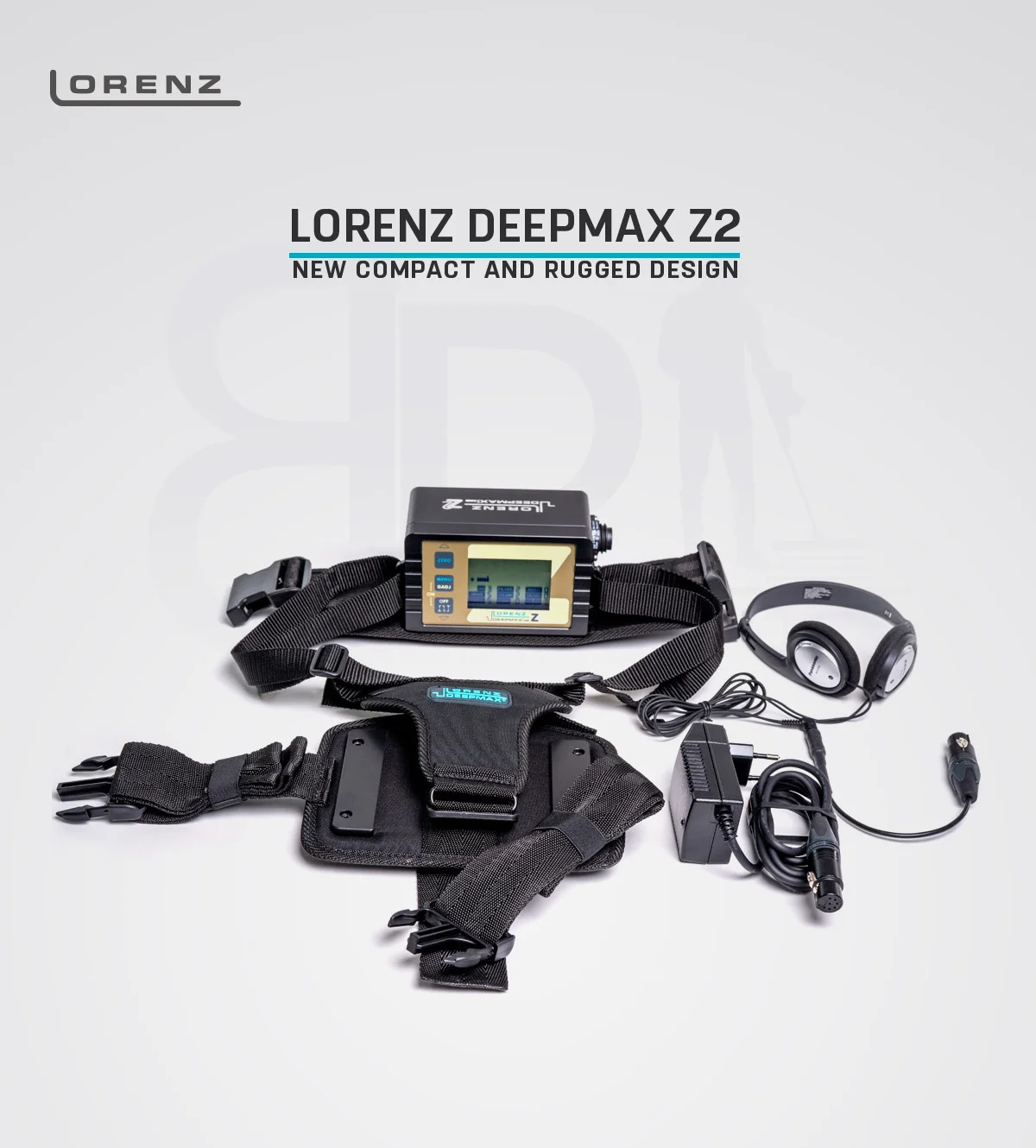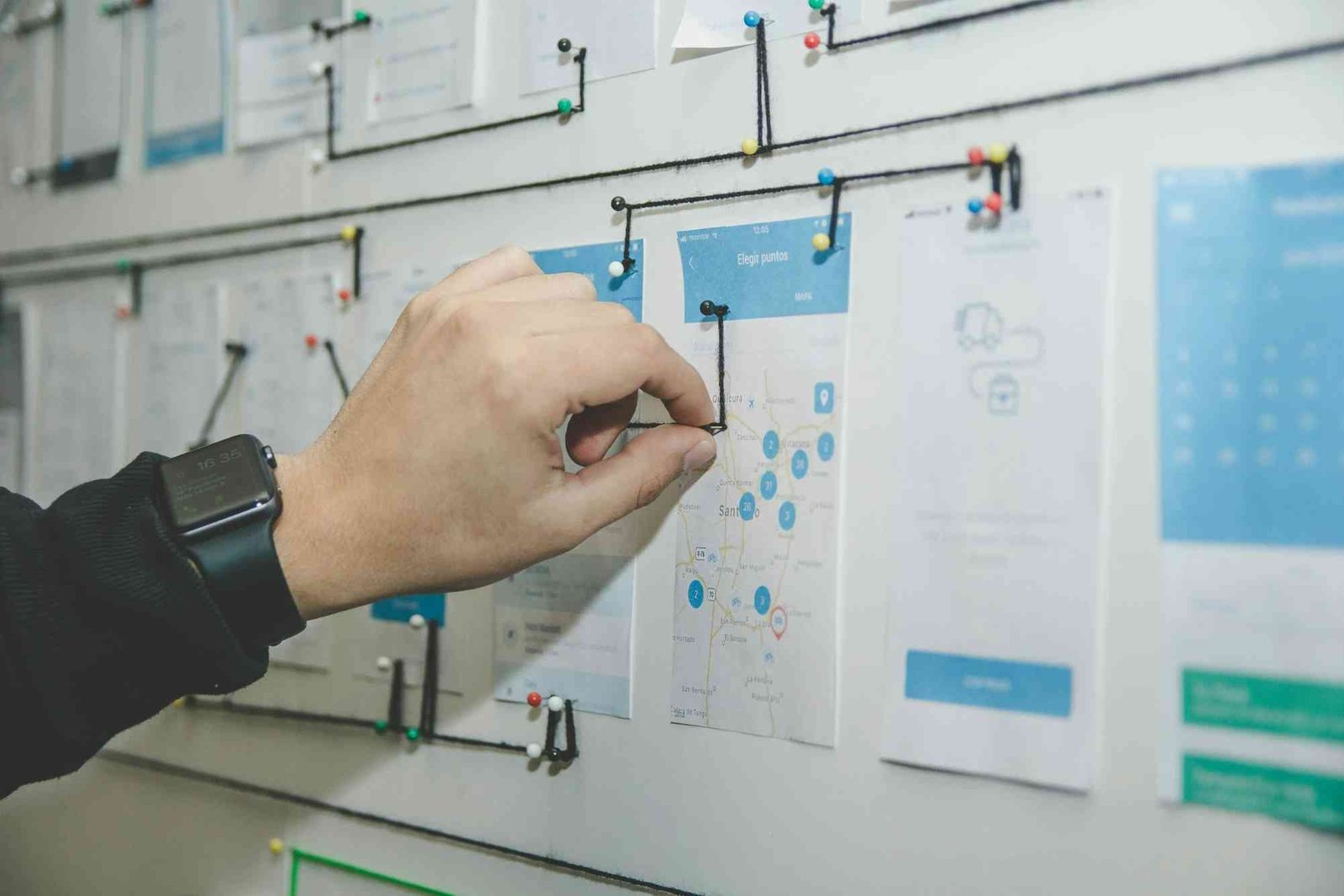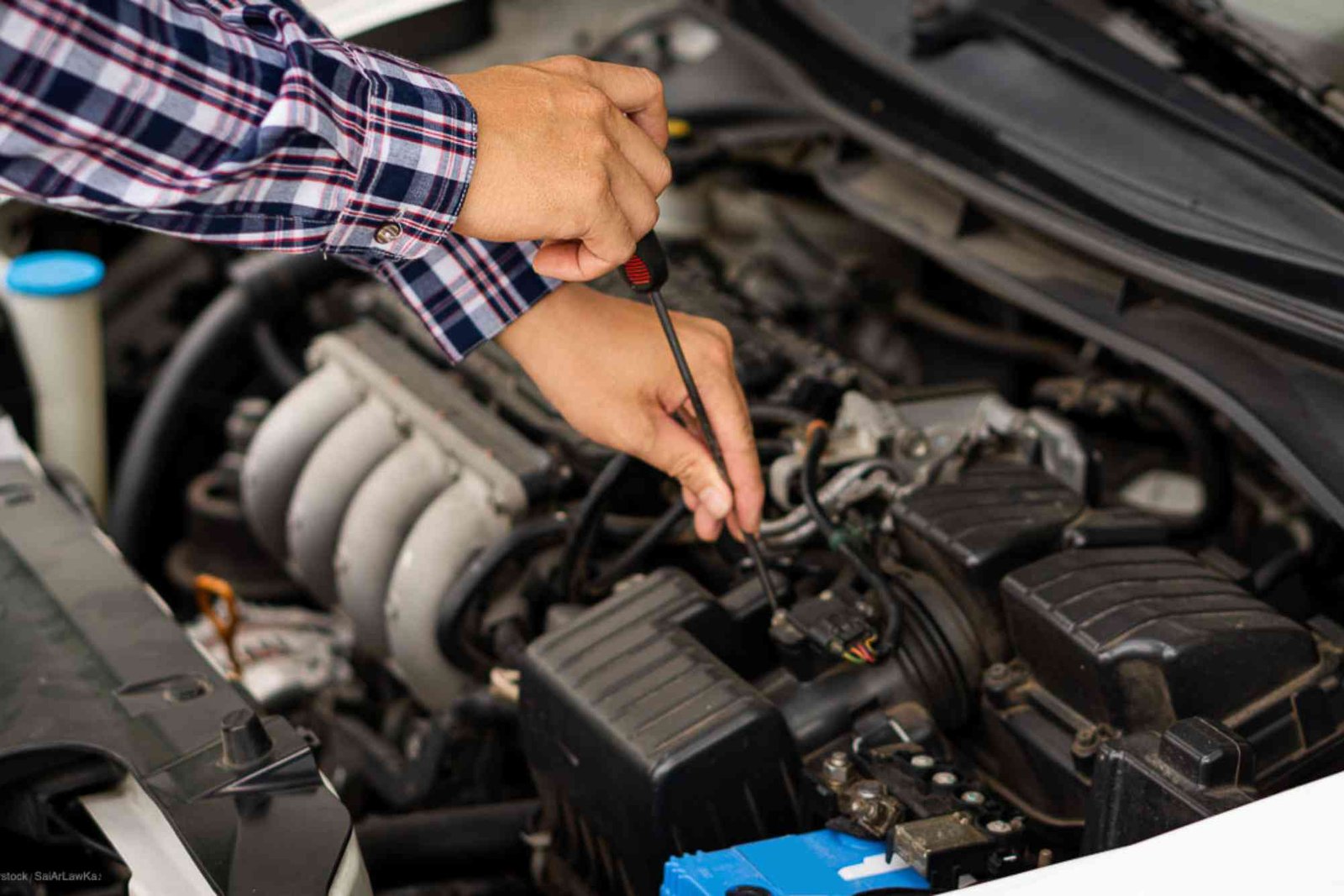Introduction
Investing in a luxury villa on Palm Jebel Ali is an exciting ambition, but navigating the financial side can feel complex. Whether you’re a long-time resident or an expat eyeing this unique waterfront community, understanding how to finance your villa purchase in Palm Jebel Ali is essential. In this guide, we’ll walk you through practical strategies, financial steps, and expert tips to help you make a confident, informed decision.
Buying a villa in Palm Jebel Ali isn’t just about writing a big cheque. Most buyers leverage financing options to bring their dream home within reach. Given the scale and cost of these properties, clever financial planning is necessary. This article covers key ways to finance your purchase, the costs involved, eligibility criteria, and smart tactics to minimize risk. Whether you’re looking to invest, live, or build generational wealth, these practical tips will set you up for success.
Why Financing Matters for Palm Jebel Ali Villas
High Entry Price, High Reward
Palm Jebel Ali villas offer a rare mix of beachfront luxury and long-term growth potential. With entry prices for five-bedroom villas starting around AED 18 million, financing is often essential. Rather than locking up your entire capital in one transaction, a well-structured loan can free up liquidity for other investments or reduce financial strain.
Flexible Developer Payment Plans
One of Palm Jebel Ali’s big draws is its developer-friendly payment plans. Developers typically offer “80/20” payment structures: 20% on booking, roughly 60% during construction, and the remaining 20% on handover. This phased payment plan reduces immediate cash burden and allows buyers to align payments with construction milestones.
Diverse Financing Options
You’re not limited to one way of paying. Mortgages, Islamic financing, home equity, or developer-backed plans can all play a role. Choosing the right mix is critical to optimizing your cost of capital and managing risk.
Key Financing Options for Your Villa
Mortgage Loans
Mortgages are the most common route. Here’s what you should know when financing your villa purchase in Palm Jebel Ali:
Traditional Mortgages
- Major UAE banks offer home loans for residents and expats.
- Typical loan-to-value (LTV) ratios are around 75–80% for properties under AED 5 million; for higher-value villas, LTV may decrease.
- Mortgage terms can go up to 25 years, depending on lender and borrower profile.
- Banks usually conduct a property appraisal before issuing a loan.
Islamic Home Financing
- Sharia-compliant options like Murabaha and Ijara are widely available.
- With Murabaha, the bank buys the property and sells it to you at a profit, paid in installments.
- In Ijara, the bank leases the property to you, and at the end of the lease, you can take full ownership.
- Profit and risk are shared, which aligns with Islamic principles.
Home Equity Loans
If you already own property in the UAE, a home equity loan can help you tap into that value. These loans typically come with lower interest rates than unsecured credit and can fund part of the down payment or upgrades. Be cautious: your existing property serves as collateral.
Personal Loans for Housing
Unsecured personal loans are another option. They don’t require collateral and offer flexible use, though interest rates are higher and loan amounts smaller. These are best for bridging finance, such as paying a booking deposit or fees, rather than covering the full villa cost.
Self‑Funding (Savings or Investment)
Using savings or liquid investments is straightforward. It avoids debt and interest costs, giving you full ownership immediately. However, ensure that allocating this capital doesn’t leave you cash-strapped elsewhere.
Important Financial Factors to Consider
Down Payment Requirements
For expats, down payment often starts at 25% of the property price. Central Bank regulations may require higher payment for ultra-luxury properties. For off-plan properties, some developers only allow financing after a significant portion of construction is completed.
Mortgage Costs & Fees
- Mortgage registration fee: approximately 0.25% of the loan amount.
- Arrangement fee: many lenders charge around 1% of the mortgage.
- Valuation fee: banks may charge for property appraisal.
- Insurance: buildings insurance is typically mandatory.
Eligibility and Credit Criteria
To secure financing, be ready with:
- UAE residency documents or passport for non-residents.
- Proof of income, such as salary slips, bank statements, or business financials.
- Credit score: many lenders prefer a score above 650.
- Debt-to-income ratio: monthly debt payments generally should not exceed 50% of gross income.
- Age limit: mortgage must be repaid before 70 (salaried) or 75 (self-employed).
Regulatory Considerations
- Mortgaged property must be registered with Dubai Land Department.
- Only banks licensed by UAE Central Bank can issue mortgages.
- For off-plan financing, ensure the developer complies with escrow regulations to protect your payments.
Smart Strategies to Finance Your Villa Wisely
Secure a Pre‑Approval Early
Get a mortgage pre‑approval before making an offer. It sets a clear budget and demonstrates seriousness to sellers.
Combine Payment Plan and Mortgage
Use the developer’s payment plan together with a mortgage. This reduces initial cash burden and allows time to organize long-term financing.
Negotiate with the Developer
Ask if payment milestones can be stretched or handover payments reduced for off-plan purchases.
Evaluate Sharia‑Compliant Products
Compare Ijara vs Murabaha offers to see which aligns with your financial goals and risk preferences.
Use Equity from Other Property
If you own another property, a home equity loan can help fund your purchase. Understand the risks before committing.
Hedge Currency Risk
If transferring funds from abroad, use a reliable foreign exchange strategy to protect against fluctuations.
Plan for Extra Costs
Budget for DLD fees, trustee fees, NOC, developer transfer costs, insurance, and valuation. Keep a cash buffer of around 7–8% of the villa’s price.
Work with Experienced Professionals
Hire a mortgage broker familiar with Dubai’s luxury market and a RERA-registered real estate agent. Seek legal advice to ensure contracts protect your interests.
Risks and How to Mitigate Them
Construction Delay Risk
Choose reputable developers and include clauses addressing delays. Maintain a cash buffer to manage payment schedules.
Market Fluctuations
Property markets can be volatile. Assess long-term value and avoid over-leveraging.
Default Risk
Ensure your debt-to-income ratio is manageable and maintain emergency savings to cover mortgage payments.
Exchange Rate Risk
Use hedging tools or transfer funds in tranches to minimize risk if funding comes from abroad.
Regulatory Risk
Stay informed about UAE real estate regulations and consult financial experts when necessary.
Why Palm Jebel Ali Is Worth Considering
Palm Jebel Ali offers long-term value beyond luxury living:
- Growth Potential: Properties are expected to appreciate as infrastructure develops.
- Payment Flexibility: Developer plans help ease financial pressure.
- High Rental Yield: Villas offer attractive rental returns, appealing to investors.
- Golden Visa Potential: High-value investments may qualify for longer-term residency.
If you’re exploring villa financing, you might find this Related Real Estate article helpful. For more insights on how to Finance Your Villa Purchase In Palm Jebel Ali, check our real estate insights section. Learn more.
Financing your villa purchase in Palm Jebel Ali is a practical way to turn your dream into reality. With flexible mortgage products, developer payment plans, and careful planning, you can minimize risk and maximize long-term value. Secure pre-approval, understand costs, and partner with experienced professionals to navigate this complex market successfully.
FAQs
Can non-residents get a mortgage in Palm Jebel Ali?
Yes, though non-residents face stricter lending conditions, such as higher down payments.
What is the minimum down payment for villas?
For expats, it generally starts at 25%, depending on the lender and property value.
Are there Islamic financing options for these villas?
Yes, Sharia-compliant products like Murabaha or Ijara are available.
What fees should I budget for beyond the villa price?
Expect mortgage registration, valuation fees, arrangement fees, DLD transfer costs, insurance, and NOC.
How do payment plans for Palm Jebel Ali villas work?
Typically, 20% on booking, 60% during construction, and 20% on handover.
What if the construction of my villa is delayed?
Choose reputable developers and include clauses addressing delays. Maintain a cash buffer to manage payments.








